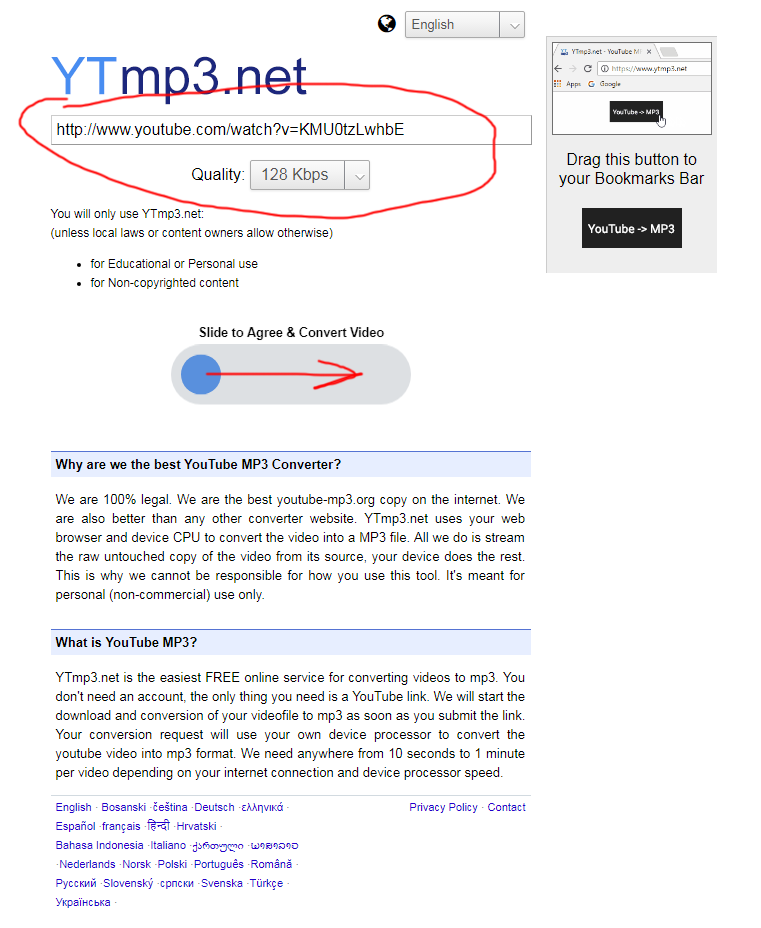
This approach would be free and extremely fast, while again allowing researchers to have total control over how to apply the codebook.

It would be costly not just financially, but also in terms of time spent, since it would require both a translator to read every response as they translated it and a researcher to read each response to code it, potentially extending the length of the project.Ī second option was to translate all of the non-English responses using Google Translate.

On the negative side was the huge expense this method would entail. On the plus side, this approach would allow researchers to read each verbatim response themselves and have total control over how the codebook would be applied. The first option was to hire a translation firm to translate the responses into English so our researchers could read them and apply a Center-developed codebook to them. BackgroundĪt the beginning of this project, we wrestled with three options for translating and coding the more than 11,000 non-English responses we collected about where people find meaning in life. In this post, we provide more background about this project and look more closely at a key question we faced along the way: whether to use professional translators or Google Translate to help make sense of the many thousands of open-ended responses we received. The analysis plan for this project hinged on developing a closed-ended codebook and applying it to nearly 19,000 open-ended responses, drawn from 17 societies and spanning 12 languages. Pew Research Center recently tackled this challenge for a cross-national survey in which people around the world described, in their own words, where they find meaning in life. Few research organizations are likely to have staff members who are fluent and well-versed enough in all of the relevant languages and cultures to analyze such responses with confidence. But they can present even bigger challenges when they are written in multiple languages. Open-ended survey responses - in which respondents answer poll questions in their own words - are never easy for researchers to analyze.


 0 kommentar(er)
0 kommentar(er)
